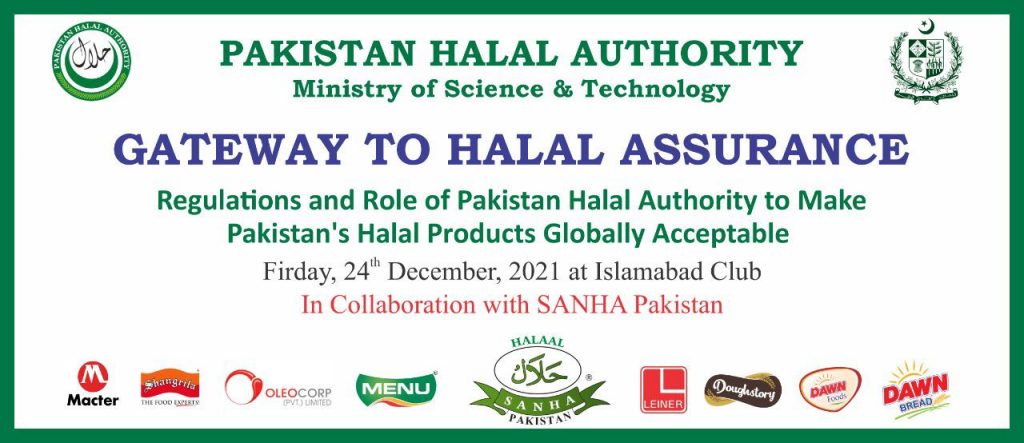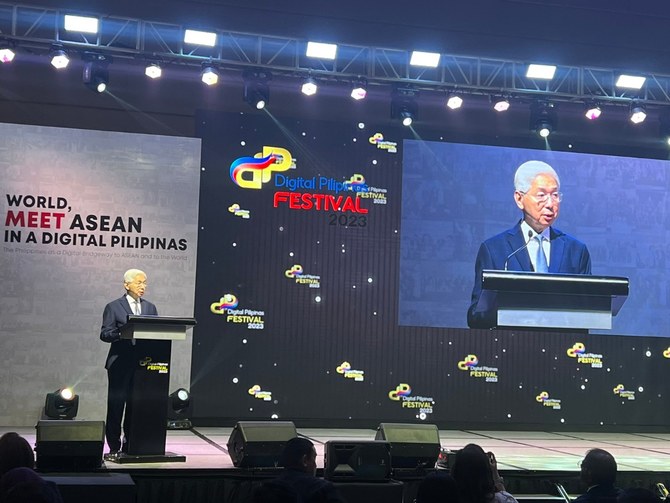In this park, manufacturers, processors and traders can pulp and preserve fruits, meat, vegetables, date, milk and dairy products, besides preparing foods in a clean and pollution-free atmosphere. They can also avail easy accessibility to raw materials through inter-company linkages and liaisons.
This industrial food products’ park will be provided full cover by the government and patronage from the top ranking departments, both from the private and public sector.
This is the brainchild of Faisalabad Industrial Estate Development and Management Company (FIEDMC) and direct liaison with the Punjab’s Livestock and Dairy Development Department.
By virtue of its experience, FIEDMC will play a leading role in developing the exclusive M-3 halal industrial park.
FIDEMIC Chairman Khawaja Asem Khurshid said that the dynamics of such a large project are altogether different from any other project of a lesser scale because it involved innovative master planning and catering to the needs of all sectors, including industrialists and service providers.
“The new idea which was floated by FIEDMC for attracting investment seems to be well-conceived and in line with the emerging dynamics and demand of the international markets,” he said.
Khurshid said “The logo of M-3 halal industrial park will be introduced in the international market as brand of Pakistan, which will certify that the products produced in the park will adhere to international standards. “The establishment of the halal industrial park will significantly contribute to the economy of Pakistan”, he further said.
Economic experts are of the view that the halal market is growing at a fast pace and has drawn so much attention and interest from all around the world that further development initiative and strategies are essential for the promotion of halal economy in Pakistan.
Economists say that, “Halal food alone has a global market size of $635 billion. It is interesting to note that the size of halal food market in the non-Muslim countries is also substantial – the market in Europe stands at $67 billion.”
Halal products are moving into mainstream business and their demand is steadily increasing. It is now seen as a potential engine of economic growth. Pakistan, being a Muslim country, can assume a leadership role in global halal food market provided proper strategies are put in place.
It is worth mentioning that halal certified products are recognised as hygienic and of good quality. Hence these are also in high demand among the non-Muslims. Multinational companies around the world are already part of the halal trade and major hypermarkets in Europe and Asia sell halal products.
The movement of halal products around the world has created the halal value chain, with entirely new sectors relating to halal financing, halal logistics, halal security, halal storage, halal auditing and halal industrial development. In industrial development, dedicated halal-certified zones are a reality today, including halal parks and halal free zones.
Published in The Express Tribune, September 26th, 2011.



